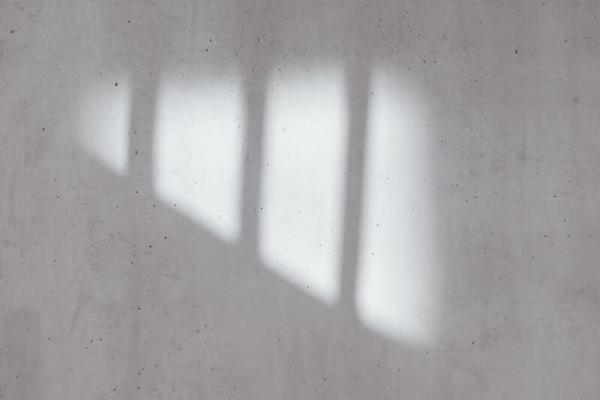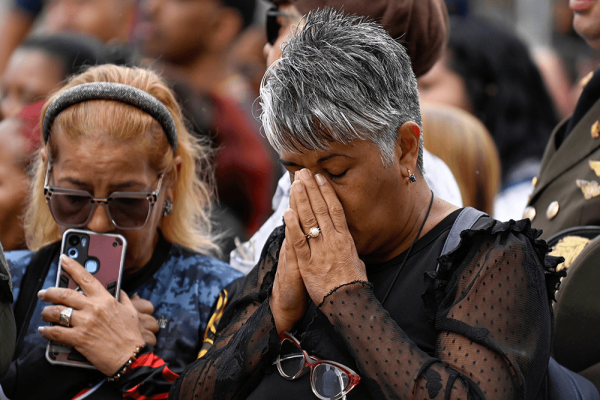So if you have been raised with Christ, seek the things that are above, where Christ is, seated at the right hand of God. Set your minds on things that are above, not on things that are on earth, for you have died, and your life is hidden with Christ in God. When Christ who is your life is revealed, then you also will be revealed with him in glory. -Colossians 3:1-4
Eastertime makes me think long and hard about how my life aligns with this passage. A glimpse of my personal history is inked between the knuckles of my right hand. A tattoo names what I once believed to be the truest thing about me: B-O-R-N-S-C-U-M.
This was my core identity for years. Several people likely feel this is still the truest thing about me. I might agree on occasion. When I read this little passage in Colossians, it feels a bit romantic to consider my life in this world to be hidden in Jesus. I often wish it were more obvious that my life is hidden in Christ. Because the very not-hidden evidence of my life can be seen in the many broken relationships I’ve had — some of which are now completely dead. This reality has left me longing for the resurrection, yearning for my relationships to resemble Christ’s glory.
As you reflect on Paul’s words to the Colossians and Christ’s resurrection, I want you to consider any broken relationships you may have and remember this: All too often we can pray with begging and groveling, as though we believe that we are undeserving of love and God wants to withhold his goodness from us. But Christ’s resurrection shatters this false belief, and we must learn to live our lives in the reality of God’s resurrecting power.
Currently, I am a prisoner willingly serving a prison term for terrible crimes I committed a long time ago and self-reported some years past. This prison season has been the brightest darkness I've ever known. Prisoners are exiled from healthy community and forced to grapple with toxic shame in isolation. The shame is accompanied by a pervasive loneliness that can be overwhelming.
My mistakes, my broken relationships, and my life are certainly not hidden. But this passage reminds me that my redeemed identity is in Christ. It also reminds me that I am not B-O-R-N-S-C-U-M. I may have caused great pain, but I am healing and becoming healthier every day; I am learning to trust and I am becoming trustworthy; I am loving and I am worthy of being loved. Christ invites each one of us to take hold of our redeemed identities.
Our prisons serve as society’s people-dumpster where we can throw “bad” people away and forget them. Sadly, it’s a warehouse for many of society’s most abused and traumatized people who have also become its greatest abusers and traumatizers of others. For too long we have pushed people out of society and into prisons, keeping them there without offering healthy support. After release, they often struggle to escape stigmatization and fall into the trap of believing that they are undeserving of love.
The injustices caused by stigmatization apply to more people than just us prisoners. The same is true for women and those who are non-gender conforming, for Black people and other ethnic minorities, for the mentally ill and the socially awkward. Pushing people out of society and stigmatizing them because of their differences or the mistakes they’ve made is dangerous and makes our communities unsafe and unhealthy. Stigmatizing and isolating people who are different or people who have made mistakes results in broken relationships, and it convinces people they are undeserving of love.
It will only be through forming interconnected communities of justice, as defined by God’s resurrection power, that we will be able to heal broken relationships. This only begins when we go to the ones we've pushed out of society and pull them back in.
This Easter, my friends, let us be assured that the resurrected Christ intercedes on our behalf, regardless of our differences and our past mistakes. I invite you to consider joining a prison outreach group in your area so that you may offer God’s resurrection power to those that feel cut off and pushed out of society. Christ is neither afraid of people’s mistakes nor their differences.
Got something to say about what you're reading? We value your feedback!






